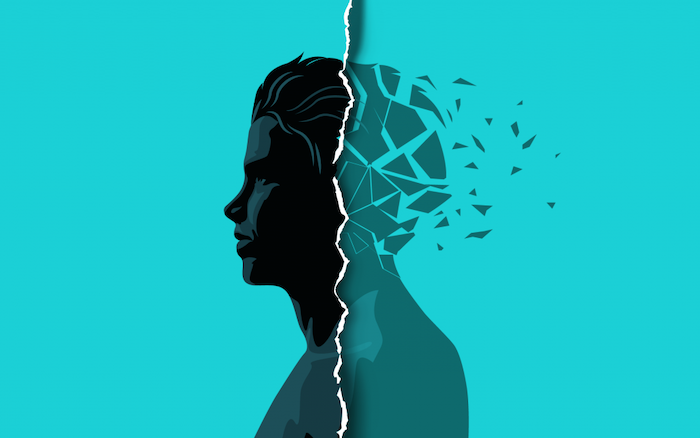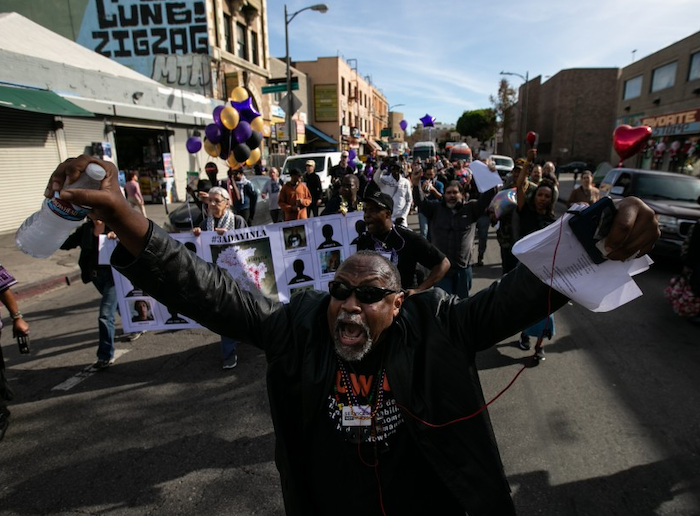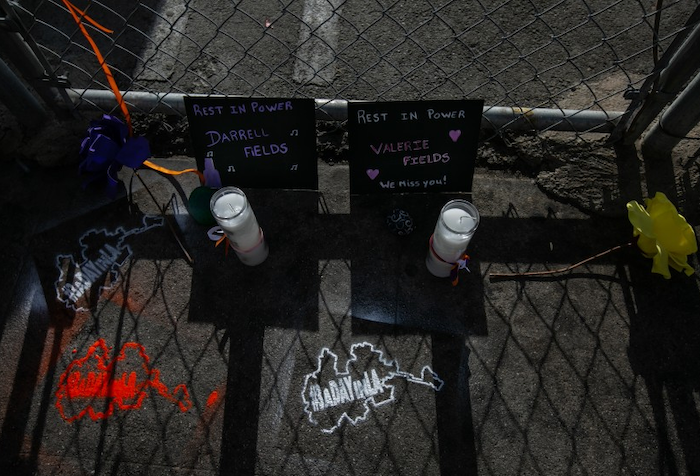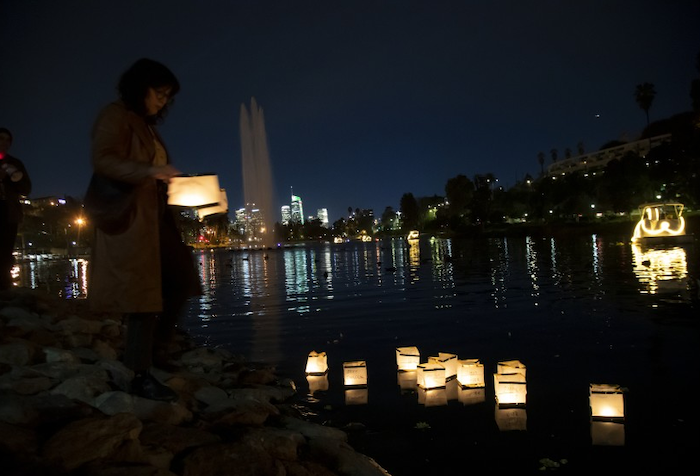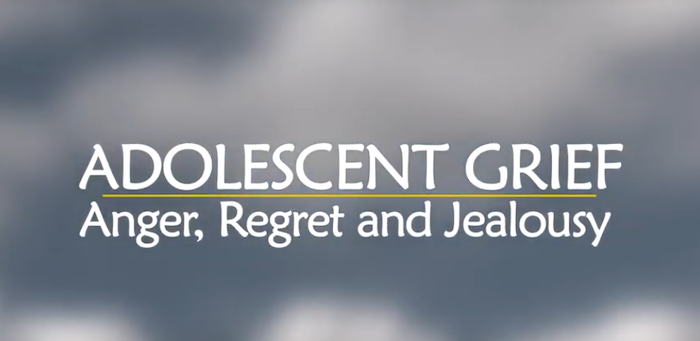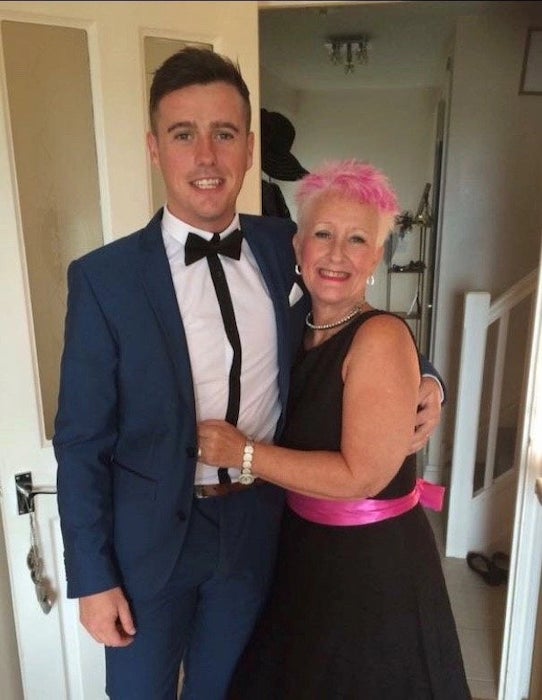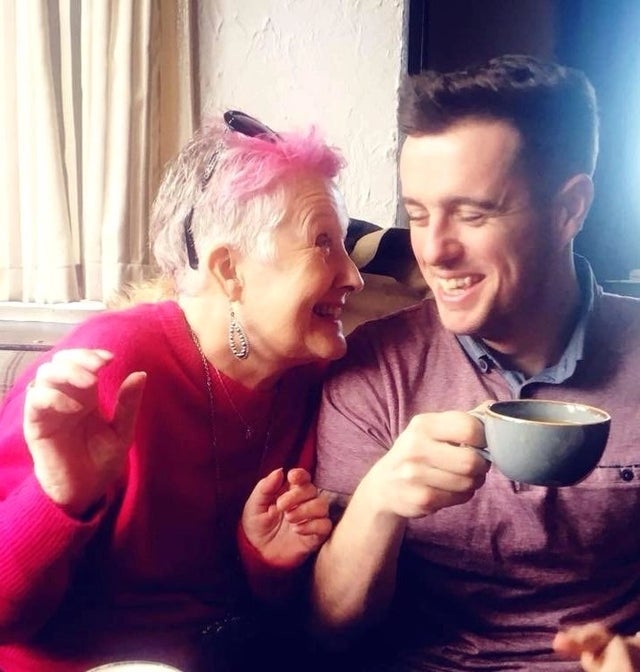5 Tech Companies From Female Founders Making Sure No One Grieves Alone
by Emma Payne
There’s a movement afoot, and as the new Broadway Beetlejuice show suggests; it’s all about death. From Death Cafes and Death Over Dinner, to the surge in new Netflix shows like Dead To Me and After Life, new life is pouring into old conversations about death. After decades kept firmly backstage, people are talking about death and grief, and bringing difficult conversations into the limelight.
Until now, the typical North American death-phobic response we have upon hearing of someone’s loss is reduced to a quick, “I’m sorry for your loss,” on Facebook. We may send flowers, or a card, but these often feel like empty gestures that do little to really support anyone. Most people who have just lost someone they love are in very real need of help, and fast. Traditional supports seem antiquated, expensive, and worse – impersonal.
Fortunately, help is here. In Baltimore, Chicago, New York, and Seattle, a group of female founders are on a mission to revolutionize death care and make sure no one grieves alone. Motivated by their own experiences with death, these women have created easy-to-use, thoughtful tools to help people navigate loss. Of course, death sucks, any way you look at it. No online tool can bring our loved ones back. But these women are working hard to normalize conversations about death, and make it easier – much easier – for people to help each other through grief.

First, meet Brooklyn-based Liz Eddy and Alyssa Ruderman, who co-founded Lantern to provide people with step-by-step guidance on how to navigate their lives before and after a death. When Liz’s Grandma died, she turned to Google in search of answers to her myriad questions about everything from funeral planning to closing accounts. What she found was a morass of unwieldy content, and none of the hand-holding she was looking for. So, Liz and Alyssa created Lantern, as a single source of guidance and information for end of life and death planning. It’s free to use their custom checklists and get help making your loved one’s funeral or celebration of life, everything you want it to be. I love that Lantern makes people feel empowered at a time in their lives when control is hard to come by.
 Once you’ve survived the funeral, the daunting realities of grief come tumbling down. Litsa Williams and Eleanor Haley co-founded What’s Your Grief after they each lost a parent. Based in Baltimore, Litsa and Eleanor have built an incredible suite of practical and specific content and resources to help grieving people find a path forward. With their focus on education, exploration and expression, What’s Your Grief offers articles as well as affordable online courses on topics ranging from how to sort through a loved one’s belongings or develop strategies for surviving the holidays while grieving.
Once you’ve survived the funeral, the daunting realities of grief come tumbling down. Litsa Williams and Eleanor Haley co-founded What’s Your Grief after they each lost a parent. Based in Baltimore, Litsa and Eleanor have built an incredible suite of practical and specific content and resources to help grieving people find a path forward. With their focus on education, exploration and expression, What’s Your Grief offers articles as well as affordable online courses on topics ranging from how to sort through a loved one’s belongings or develop strategies for surviving the holidays while grieving.
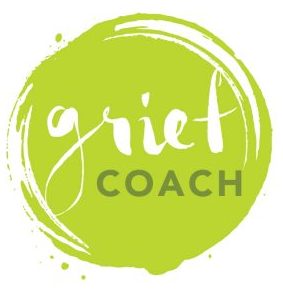 If you’re looking for ongoing grief support, Seattle-based Grief Coach sends personalized text messages all year long, based on your loss. And if you have friends and family who want to help, but aren’t sure how, they’ll receive tips and reminders too. Everyone’s messages will be customized based on things like cause of death, age, and your relationship to the person who has died.
If you’re looking for ongoing grief support, Seattle-based Grief Coach sends personalized text messages all year long, based on your loss. And if you have friends and family who want to help, but aren’t sure how, they’ll receive tips and reminders too. Everyone’s messages will be customized based on things like cause of death, age, and your relationship to the person who has died.
I was inspired to create Grief Coach after the death of my husband and (a decade later) his best friend. After delivering the eulogy at my friend’s funeral, I was overwhelmed by the countless friends and family members who wanted to apologize for not having been there for me when my husband died. They were afraid, they said, and just didn’t know what to do. I created Grief Coach to answer the question of “I want to help, but don’t know how,” so that no-one would have to grieve alone.

Also in Seattle is Laura Malcolm, who founded Give InKind after losing her daughter. Laura had people around her who she knew wanted to help, but instead found herself in a room literally overflowing with flowers with no idea what to ask for, but a long list of things she wasn’t able to cope with on her own.
Give InKind brings together care calendars, fundraising, and wishlists. If you’re looking for a way to coordinate support, raise money for funeral expenses, and make it easy for friends and family to support you after a loss, GiveInKind is a great place to start. It’s free to create a page, and from there you can invite others to join and contribute.
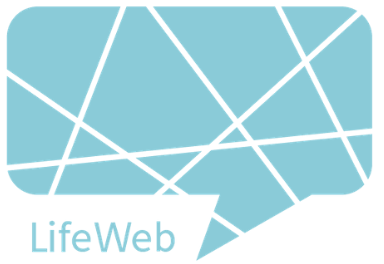 And finally meet Ali Briggs and Rachele Louis in Chicago, who founded LifeWeb 360 after a friend’s brother died unexpectedly. As the years passed, Ali’s friend saw people’s memories of his brother fading away. He was worried that he couldn’t remember the sound of his brother’s voice anymore. LifeWeb 360 is a multimedia scrapbook that makes it easy for people to join together to collect and share memories that are then stored and shared online.
And finally meet Ali Briggs and Rachele Louis in Chicago, who founded LifeWeb 360 after a friend’s brother died unexpectedly. As the years passed, Ali’s friend saw people’s memories of his brother fading away. He was worried that he couldn’t remember the sound of his brother’s voice anymore. LifeWeb 360 is a multimedia scrapbook that makes it easy for people to join together to collect and share memories that are then stored and shared online.
These eight women have created five valuable tools that recognize the power friends & family have to make a difference, after a loss.
LA mortician, Caitlyn Doughty, captures the no-nonsense spirit of these founders best, reminding us that; yes, there’s a movement afoot – but we don’t want to be a movement. Death is part of life, and what we really want is to normalize difficult conversations and bring death & dying into our day-to-day lives.
With founders like these women taking the reins, I have no doubt that we’re moving quickly towards a world where everyone has the help they need, after a death.
Complete Article ↪HERE↩!



